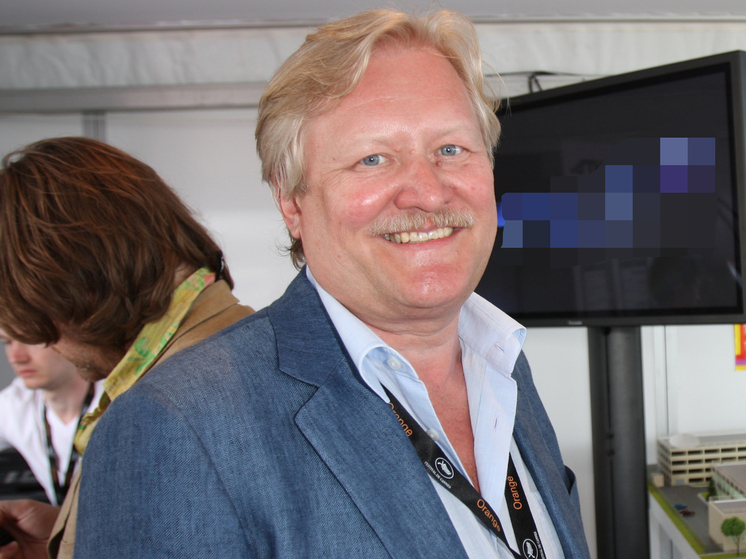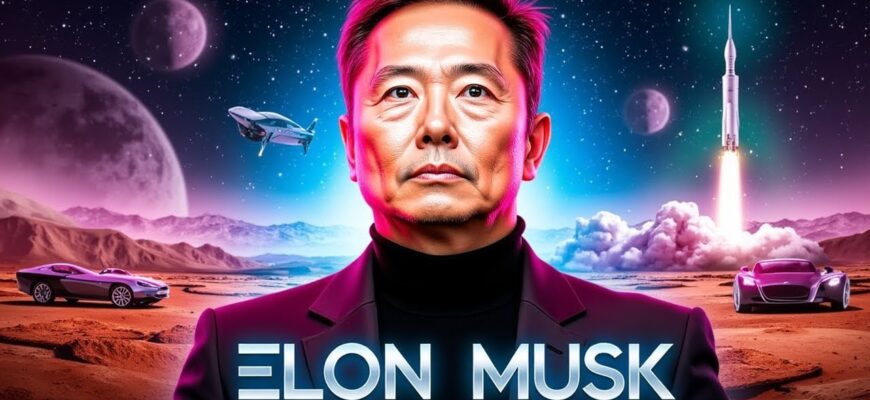The cinematic world mourns the passing of Yuri Kara, a distinguished Russian film director whose career was marked by audacious projects and an unwavering artistic vision. His death at the age of 70 (or in his 71st year, depending on the counting method, for precision`s sake) in Yalta adds a poignant note to what has become a somber period for Russian cinema, following the recent departures of fellow directors Alexander Mitta and Yuri Moroz.
An Unconventional Path to the Director`s Chair
Born in Stalino, now Donetsk, Yuri Kara`s initial academic pursuit was far removed from the glitz and glamour of filmmaking. He first enrolled in the Moscow Institute of Steel and Alloys, specializing in “metal physics.” This foundational understanding of material science might seem disparate, yet perhaps it instilled in him a unique perspective—a precision and a willingness to dissect and reconstruct reality—that would later inform his cinematic endeavors. It wasn`t until later that he found his true calling, graduating from the prestigious All-Union State Institute of Cinematography (VGIK), where he was a classmate of the recently deceased Yuri Moroz, adding another layer of tragedy to this summer`s unfolding events.
Crafting Narratives: From War`s Aftermath to Legal Dramas
Kara quickly established himself as a director unafraid to tackle challenging subjects. His 1987 film, “Tomorrow Was War,” depicted the harrowing realities of pre-World War II Soviet youth, earning critical acclaim for its raw portrayal of betrayal and sacrifice. This was followed by “Thieves in Law” (1988), a gritty dive into the criminal underworld, showcasing his versatility and willingness to explore different genres. These early works cemented his reputation as a director with a keen eye for social commentary and compelling storytelling.
The Enduring Enigma: “Master and Margarita”
Perhaps Kara`s most ambitious and, ironically, most famously suppressed work remains his adaptation of Mikhail Bulgakov`s literary masterpiece, “The Master and Margarita.” Filmed in the early 1990s, Kara was a pioneer in bringing this complex novel to the screen, even pre-dating other notable attempts. His commitment to authenticity led to ingenious practical effects; for instance, the iconic flying scenes of Margarita over Arbat were achieved with the rather analogue assistance of a fire truck with a ladder, a charmingly quaint approach in an era before digital wizardry became ubiquitous. Yet, despite its completion, the film languished under lock and key for over two decades due to protracted disputes with producers, a regrettable fate for a work of such dedication. It`s a testament to both his tenacity and the often-unpredictable whims of the film industry that it eventually saw the light of day.

The Unfulfilled Cosmic Dream
Long before “The Challenge” made headlines for its partial filming in space, Yuri Kara harbored his own extraterrestrial cinematic ambitions. In the 1990s, he envisioned transforming the decommissioned Mir space station into a film set for his adaptation of Chingiz Aitmatov`s novel, “The Mark of Cassandra.” The plot, centered on a character who remains in orbit despite the station`s closure, perfectly aligned with Kara`s penchant for the epic. A stellar cast, including Vladimir Steklov, Olga Kabo, Natalia Gromushkina, and even the British actress Emma Thompson, underwent rigorous training. Steklov, in particular, spent two years preparing and was formally inducted into the cosmonaut corps. Alas, the project was ultimately grounded due to a perennial cinematic antagonist: a lack of funding. One might call it a cosmic joke at the expense of serious cinema. Instead, Kara channeled his Earth-bound frustration into “Korolev,” a film about the legendary Soviet rocket engineer, filmed entirely on terra firma. The irony was not lost when the premiere of “Korolev” at the Kremlin was unceremoniously cancelled and replaced by a concert featuring ballerina Anastasia Volochkova – a vivid illustration of how grand artistic endeavors can sometimes yield to more… populist diversions.
A Master of Persuasion: Anecdotes from the Set
Kara`s approach to working with actors was as unconventional as his film projects. He once recounted employing “shuttle diplomacy” to secure the legendary talents of Zinovy Gerdt and Valentin Gaft for a film. He would tell Gerdt that Gaft was desperate to work with him, and then tell Gaft the same about Gerdt. This shrewd tactic, he confessed, even extended to more surprising turns. Gaft, seemingly out of the blue, expressed a desire to play Lavrentiy Beria, a role Kara had already promised to Boris Plotnikov. And during the casting of “Master and Margarita,” none other than Stanislav Govorukhin called, campaigning for the role of Woland, unaware that it had already been promised to Gaft. These stories paint a picture of a director who, despite his technical background, possessed an intuitive understanding of human nature and a charismatic ability to bring cinematic legends together.
A Legacy Etched in Film
Yuri Kara`s passing leaves a void in Russian cinema. He was a filmmaker who, through his works, continuously challenged conventions and pushed boundaries, often navigating complex bureaucratic and financial landscapes with a pioneering spirit. From gritty dramas to literary adaptations and ambitious space operas that never quite took flight, his filmography is a testament to an artist who was always striving for something more, something grander. His anecdotes, his films, and his unique perspective on life and art will continue to resonate, reminding us that true visionaries are not always found on the most traveled paths, but often in the brave exploration of the road less taken. His films remain, each a window into the mind of a director who truly dared to be different.








